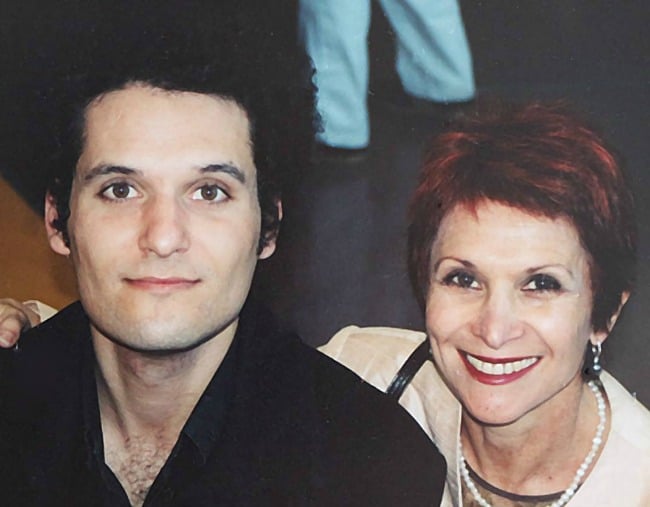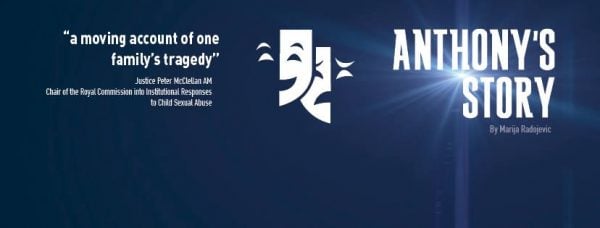
When Anthony was 17, something changed.
What were once words, turned into groans. He became increasingly withdrawn. A studious high achiever, who had been announced a Prefect at his highly respected Christian school, Anthony even began addressing his teachers differently.
“We got a call from the Headmaster to say that he wanted to see myself and my husband,” Anthony’s mother, Marija Radojevic, told Mamamia.
“His tone of voice was quite terse over the phone,” she remembered. The conversation struck her as unusual, given that Anthony was exceptionally well behaved, and was fond of his Headmaster.
Anthony had been walking along the cloisters, Mr and Mrs Radojevic soon learned, and when the Headmaster reminded him there was a Prefect’s meeting that afternoon, Anthony defiantly said he couldn’t go because he had something else on.
“The headmaster was totally shocked,” Marija said. “He had never expected to be spoken to like that… he was angry and disappointed…”
The Headmaster explained that if Anthony had been anyone else, he would have stripped him of his badge.
“We let him [Anthony] have it,” Marija told Mamamia.
But no matter how many times they asked him what was wrong, and why he had behaved so inappropriately, they could not get an answer.


Top Comments
I am a little uncomfortable with this story. As someone who experienced sexual abuse as a child I do not like this narrative that some how it is the answer to all his issues despite him saying it is not. Mental illness often kicks in at puberty especially in males and drugs for epilepsy can also impact mental health.
Often it is the negative reaction of people to your abuse that makes you feel damaged and ashamed. Add in strict Christianity and being gay you really have a recipe for shame.
It’s not ok to reframe someone’s story to make it fit the image of a damaged son to make it more palitable then the reality that’s mental illness is messy and can pick anyone.
Yet there are some conservative commentators still defending members of the clergy
Name one. If you're referring to the defence of Cardinal Pell by some commentators, they are not defending him. They're simply saying that EVERYONE, regardless of the crime they're alleged to have committed, is, under the Westminster system of law, innocent until proven guilty. You may have cause to rely on that precept one day for yourself or someone you love. It drives me nuts when I hear criticism of anyone, regardless of their political views, being criticised for defending one of our most basic freedoms.
'“We need to continue to trust these institutions.”'
The mother of the victim appears to be, also, defending these institutions.
You need to read what they say